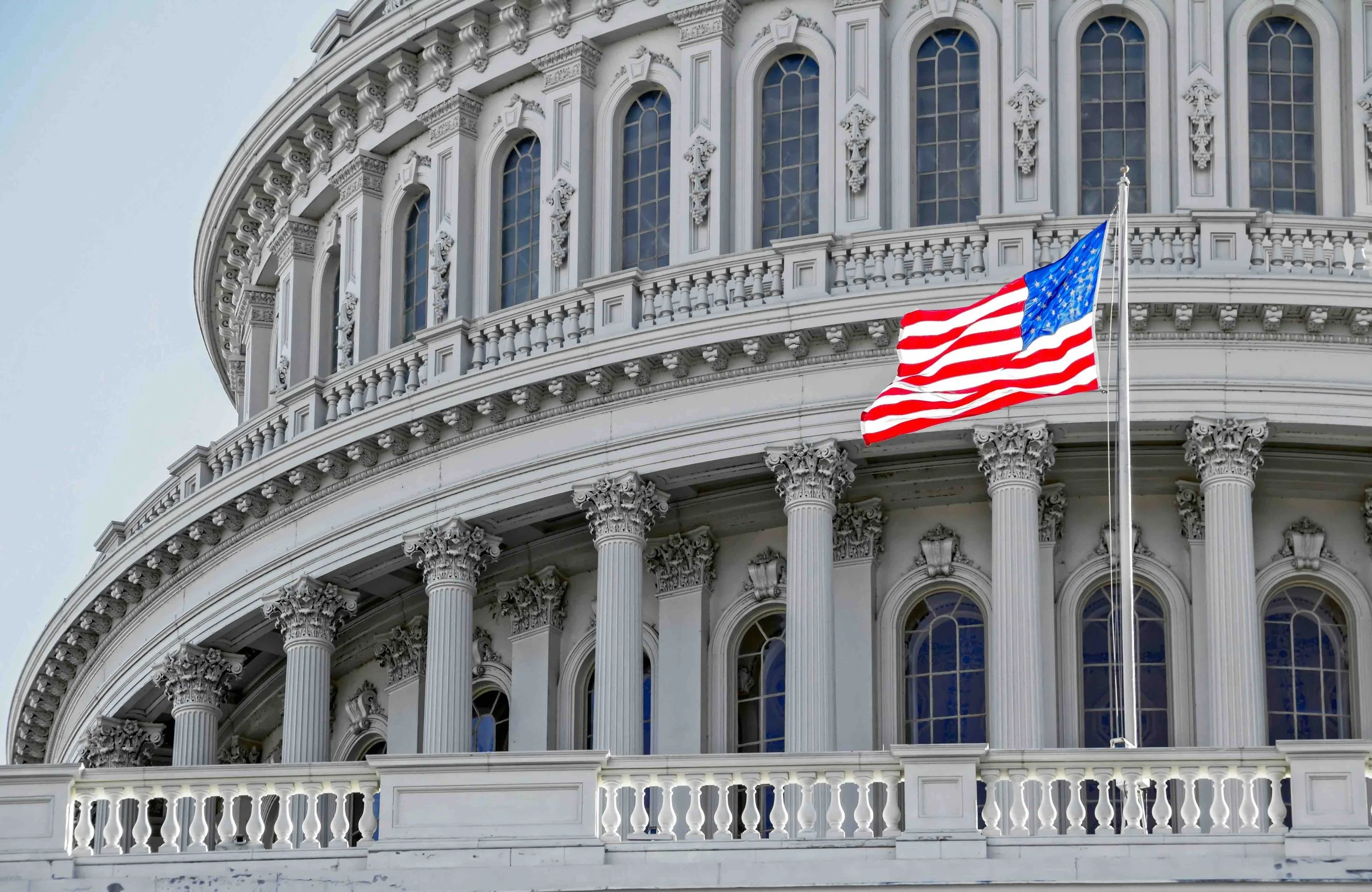The latest in Congress: Budget bill revised to ban state AI laws for 5 years, allow protections for kids and personal likeness
Republican leaders in the Senate revised the proposed 10-year moratorium on state AI laws on Sunday night, prior to opening debate on the floor Monday morning. (Photo: Getty Images for Unsplash+)
June 30, 2025 — With the AI policy world watching Congress closely, here’s the latest on the federal budget bill and its proposed 10-year moratorium on state AI laws.
As of Sunday night, Republican leaders in the Senate had offered a compromise to members of their party who objected to the moratorium. The new language decreases the moratorium on state AI laws from 10 years to 5 years and carves out exceptions for state laws that protect minors and the image, likeness, or voice of an individual.
The Hill reported late Sunday night:
Sen. Marsha Blackburn (R-Tenn.) said Sunday that she reached a deal with Senate Commerce Chair Ted Cruz (R-Texas) on new text for a provision in President Trump’s sweeping tax package that seeks to bar states from regulating artificial intelligence (AI).
The updated text would enact a “temporary pause,” banning states from regulating AI for five years if they want access to $500 million in AI infrastructure and deployment funding included in the bill. The original provision, which Blackburn opposed, sought to limit state legislation for a 10-year period.
It also includes new exemptions for state laws seeking to regulate unfair or deceptive practices, children’s online safety, child sexual abuse material and publicity rights.
Language questions: ‘undue burden’
The new language allows states to enforce “a generally applicable law or regulation, such as a law or regulation pertaining to unfair or deceptive acts or practices, child online safety, child sexual abuse material, rights of publicity, protection of a person’s name, image, voice, or likeness and any necessary documentation for enforcement, or a body of common law that may address, without undue or disproportionate burden, artificial intelligence models, artificial intelligence systems, or automated decision systems to reasonably effectuate the broader underlying purpose of the law or regulation.”
Were the bill to pass with this language, it could raise questions about the definition of “undue or disproportionate burden.” The phrase opens itself to a myriad of interpretations and might require years of case law to establish the boundaries of the phrase in terms of AI development.






